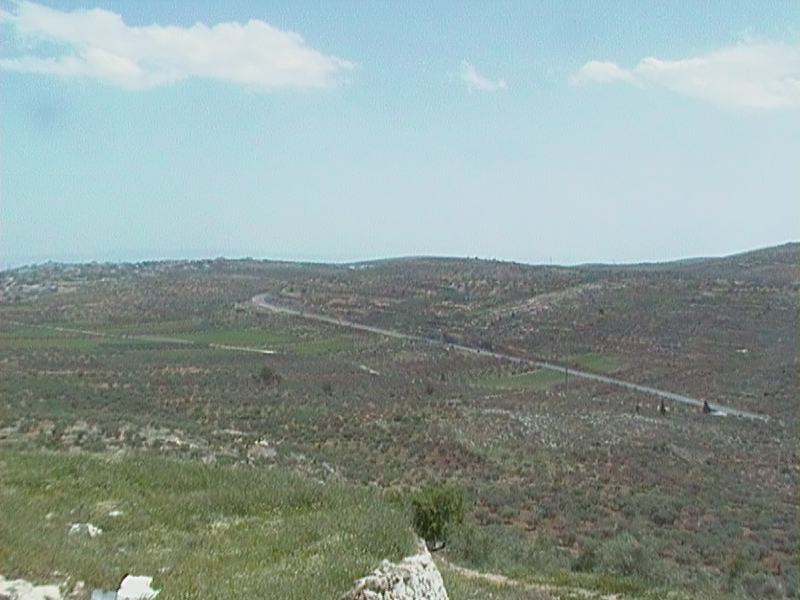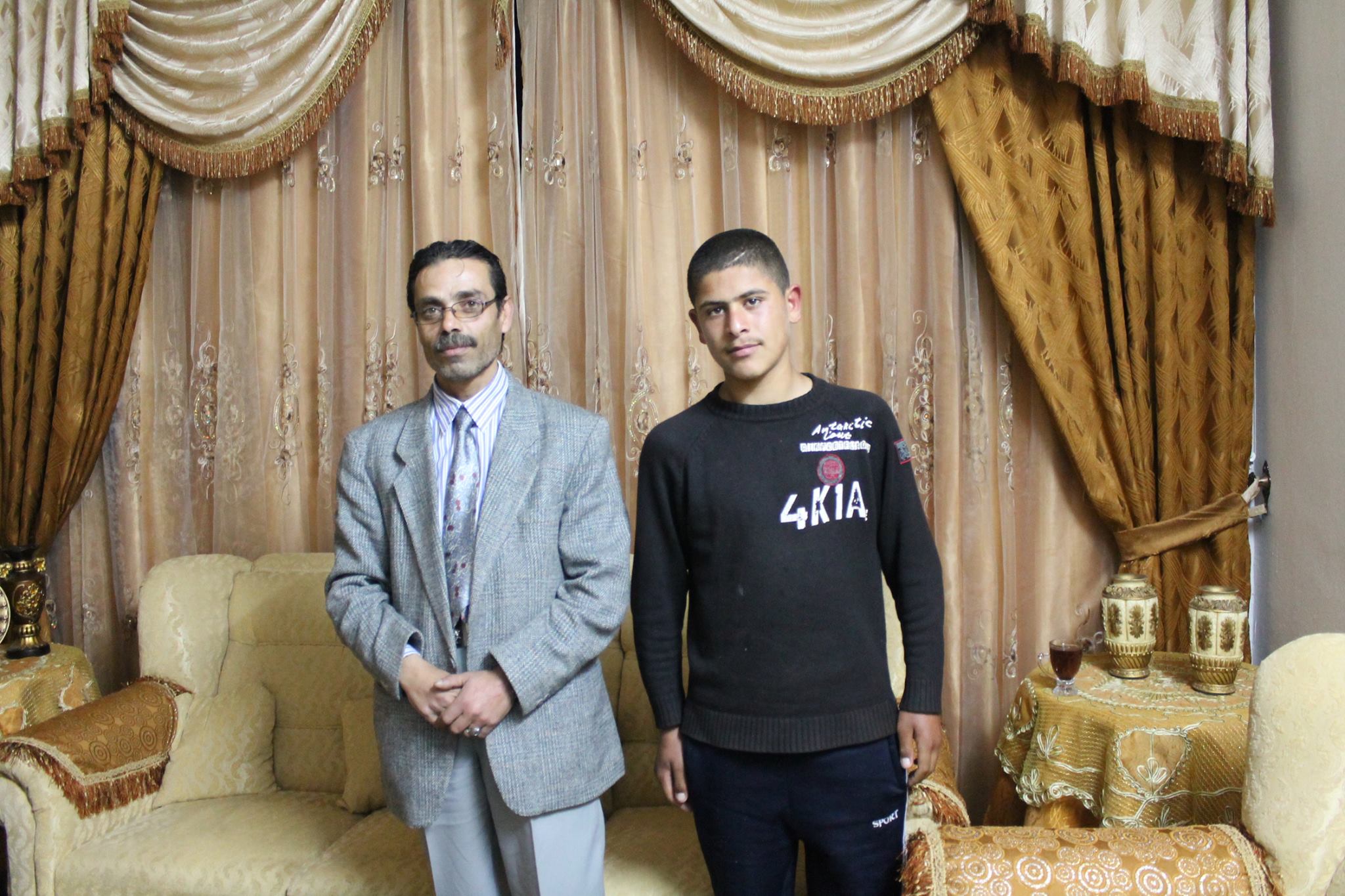Tag: Child Arrest
-
Arrests and stolen land in Osarin village
10th April 2014 | International Solidarity Movement, Nablus Team | Osarin, Occupied Palestine In the last month, the Israeli army has arrested 10 boys under the age of 16 from Osarin village. As of today, they all remain in the prison. This is the latest in a long line of tactics employed by the Israeli military…
-
The fight for the freedom of the 5 Hares Boys continues
6th April 2014 | International Solidarity Movement, Nablus Team | Occupied Palestine In a conversation with Neimeh and Yaseen Shamlawi in their home in Hares we hear about the traumatic journey they have gone through but also the painstaking efforts they have made to build a campaign for their son’s freedom ever since he was arrested…
-
Israeli forces arrest and hold 13-year-old for seven hours
20th March 2014 | International Solidarity Movement, Nablus Team | Bruqin, Occupied Palestine On Tuesday 18th March, Israeli forces entered the village of Bruqin and arrested 13-year-old Abdel Hafez Mohammed, holding him for seven hours before releasing him later in the day. Abdel Hafez Mohammed Samara was working on his land, picking ‘aqoub’ (a local plant),…



